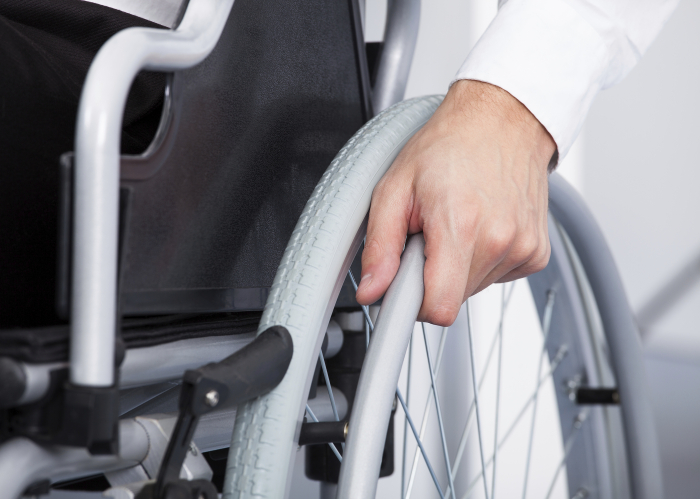Posted: November 17, 2016
In the United States a whopping 2.2 million people depend on a wheelchair for day-to-day tasks and mobility. Yet, there are still an enormous amount of places that limit accessibility for wheelchair users. When it comes to parks and recreational areas this denies extreme safety and learning privileges.
Zoos and Aquariums offer many benefits to families and children. Children get to explore and learn about wonderful new environments and animals. It sparks curiosity and engages new conversations. A child's face lights up when they are able to see these new creatures and their favorite animals. Having access to learning tools like these are so important for a child’s growth. Aquariums and zoos provide real-world examples, instead of seeing things only on screens. They actually get to experience things hands on.
Some are fighting back against zoos and aquariums that are denying equality for their children. Willie Galdamez, a ten year old Denver boy with cerebral palsy, was denied access at a Denver Aquarium. The mother waited in line for 45 minutes on a summer day with her child and was told they could not enter. The mother is currently in the process of suing the aquarium.
While some parks are lacking in access, others are making great strives in accessibility. One park is making swift changes and is becoming a model example of fairness.
New Zoo & Adventure Park in Suamico, Wisconsin has installed a new accessible zip line. Instead of walking up 60 steps, the park created a pulley harness system which directly lifts participants out of their wheelchair. The participant is hoisted up 50 feet and then is able to enjoy the glide of the 1,000 foot long zip line ride through the park.
"It makes me feel like I did before I was in a wheelchair,” a rider said. “It gave me a lot of freedom coming down.” The park is becoming a favorite among all.
A big issue in not having accessible parks is safety. Zoos and aquariums have over 181 million visitors each year. Crowds can become a big issue when some are drawing in 10,000 visitors a day. If an emergency arises, places are not equipped. When there are only a limited number of elevators or ramps it can become dangerous. Always plan ahead, our guide offers free resources on seeing if a park has wheelchair access.
Another great and helpful resource is this guide provided by Friendship Circle of Michigan. The guide has collected 39 theme parks that are accessible and offer access passes to those with special needs. Which enables you to skip long lines! This is a great tool because some theme parks have revoked such passes due to people abusing them.
We hope to make inaccessibility for children with wheelchairs a thing of the past. Let’s end this problem together. Have you or a loved one dealt with limited access to public areas? Please share your story with us in our comment section.






